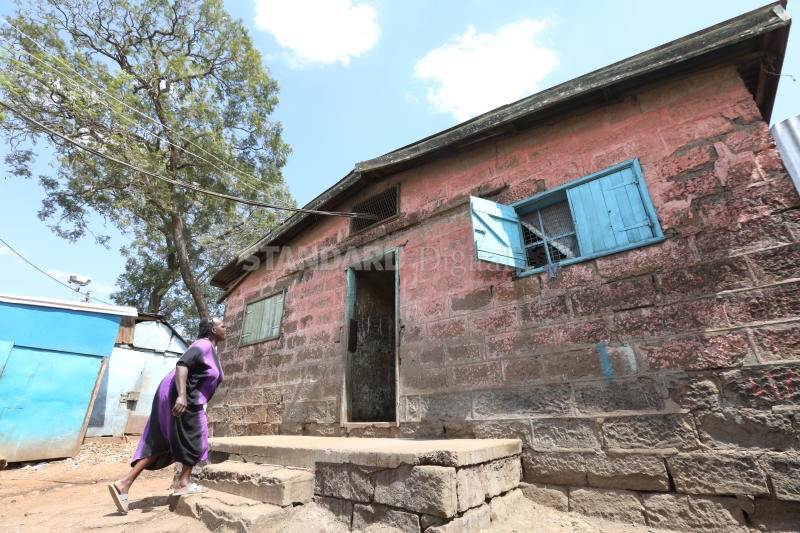
Samuel Ngige sits outside his small house in Shauri Moyo estate with his hands resting on an old sewing machine. The 78-year-old man has lived here since 1978, having moved from Saba Saba in Murang'a County when his wife got a job with the then Nairobi City Council. His one-roomed house is one of six in a block located in one of Nairobi’s oldest housing estates.
Mr Ngige, and thousands of other residents, could lose their homes anytime soon thanks to a court ruling that cleared the way for the Government to demolish the houses and build more than 5,000 new ones as part of President Uhuru Kenyatta’s affordable housing agenda.